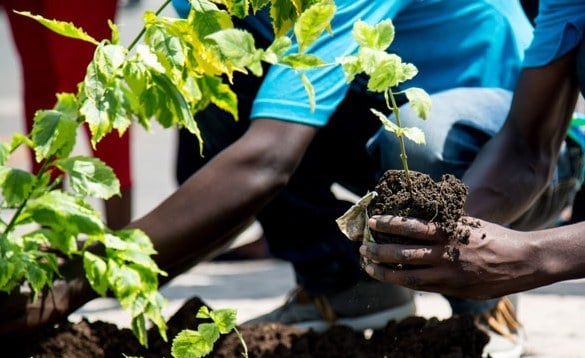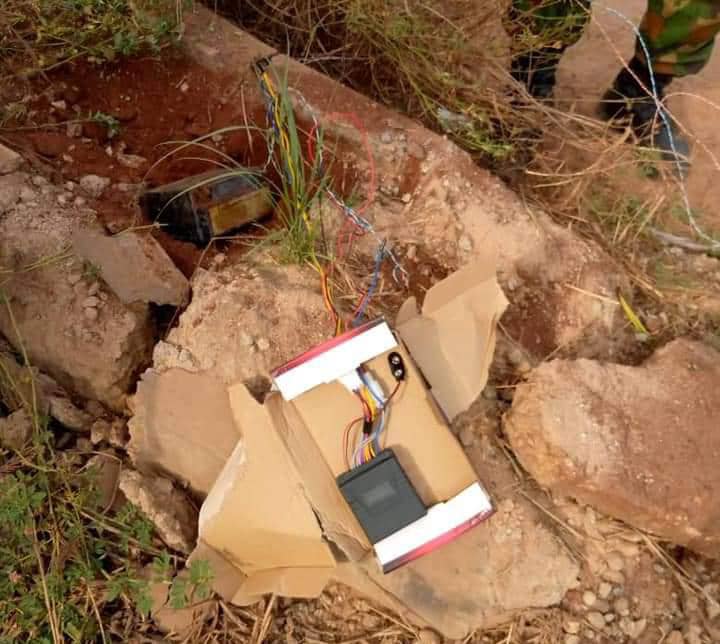Planting of trees | File photo
The federal government says it will soon establish plant health clinics across the six geopolitical zones of the country.
Mohammed Abubakar, minister of agriculture and rural development, disclosed this during a media briefing on Monday in Abuja to mark the International Day of Plant Health.
A plant health clinic is a an avenue for farmers to get information from agricultural specialists on how best to ensure that crops are in the best state of health.
The minister said the initiative will be implemented through the Nigeria Agricultural Quarantine Service (NAQS).
Advertisement
He said the administration of President Muhammadu Buhari recognises the need to safeguard plant health as a national priority.
“In a demonstration of his commitment to strengthening our plant protection system, the president assented to the Nigeria Agricultural Quarantine Service (Establishment) Bill in 2018 to capacitate NAQS, which is the national plant protection organisation for Nigeria, to manage and minimise risks to the agricultural economy, food safety, and the environment,” Abubakar said.
He said the budget for the establishment of the six plant health clinics has been captured, adding that the establishment of the facilities would soon commence.
Advertisement
Abubakar lamented that the country is losing a high volume of its annual farm produce to damage from pests.
He emphasised the need for Nigerians to take plant health seriously, adding that plants are in constant danger of attack by bacteria, insects among others.
He noted that plant health threats undermine food security and increase the vulnerability of livelihoods dependent on crop value chains.
“In Nigeria, we lose 50 percent of our annual farm gate value to the damages of pests,” he said.
Advertisement
“They cause yield and quality losses, reduce food availability, and increase food prices.
“The threats to plant health have proliferated with the increase in international trade and travel, resulting in growth in the volume and diversity of plants and plant products that arrive in different countries.
“Likewise, changes in land use and changes in rainfall patterns due to the effects of climate change are heightening the risk of pest establishment, spread and impact.
“They are creating conditions that may potentially favour the mutation of previously benign pests into devastating strains.”
Advertisement
On his part, Vincent Isegbe, director-general of NAQS, said the quarantine service would continue to maintain plant, animal and fish health to meet international standards and help generate economic growth.
Isegbe, who spoke extensively on the rejection of Nigeria’s farm produce in foreign countries, blamed exporters for not packaging the products to meet international standards.
Advertisement
He advised exporters of agricultural produce to follow the right procedures by coming to the agency for necessary certifications before embarking on export.
Advertisement





